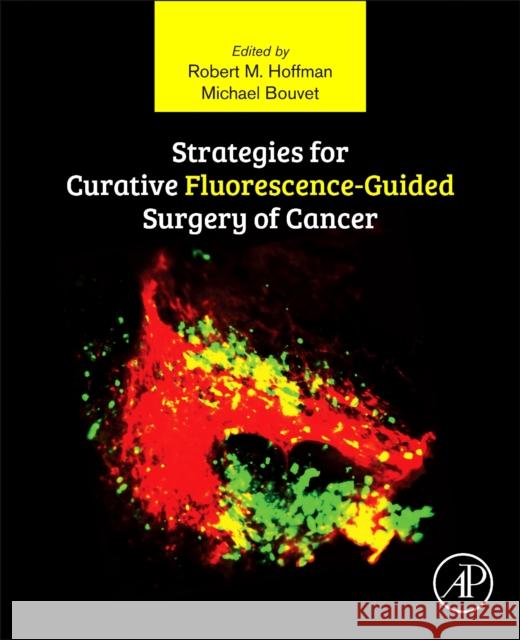Strategies for Curative Fluorescence-Guided Surgery of Cancer » książka
topmenu
Strategies for Curative Fluorescence-Guided Surgery of Cancer
ISBN-13: 9780128125762 / Angielski / Miękka / 2020 / 250 str.
Kategorie:
Kategorie BISAC:
Wydawca:
Academic Press
Język:
Angielski
ISBN-13:
9780128125762
Rok wydania:
2020
Ilość stron:
250
Oprawa:
Miękka
Wolumenów:
01
Dodatkowe informacje:
Bibliografia
Wydanie ilustrowane
Wydanie ilustrowane











